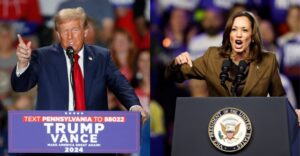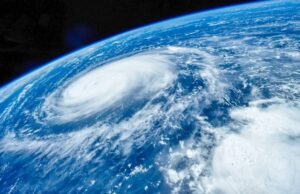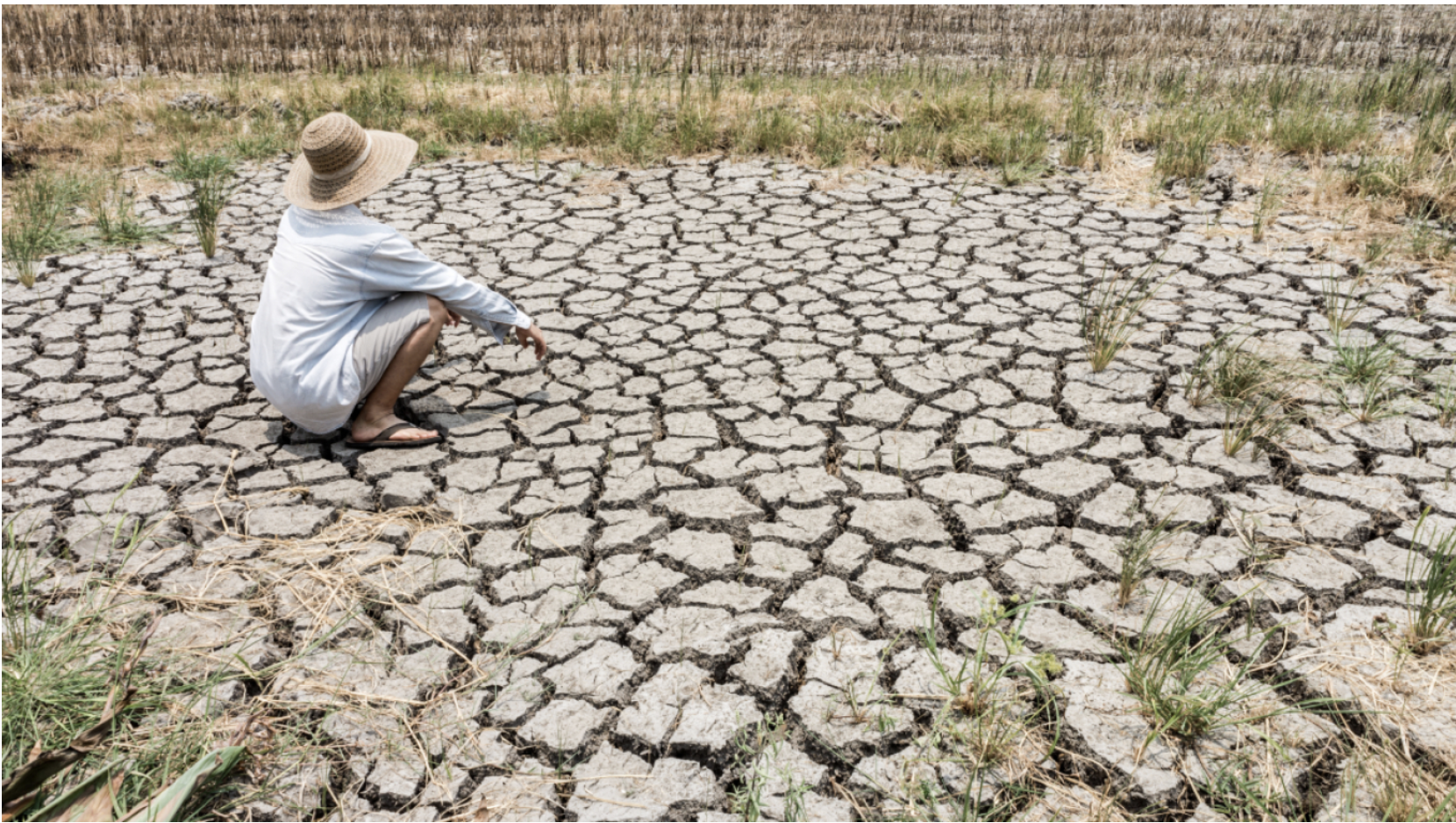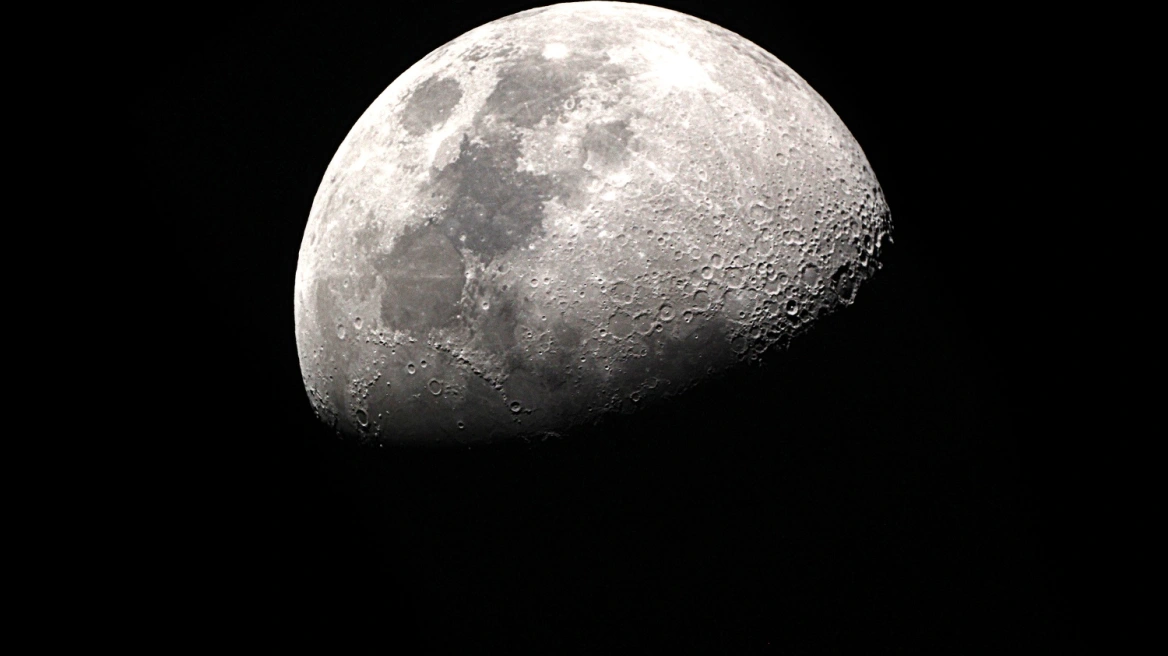The US presidential election is always of great interest globally because of the influence that the global superpower wields with its foreign policy.
There is, however, even more interest in the November 5 election because of the potential for major changes in global trade should the Republican candidate and former president, Donald Trump, prevail.
With the election race between Vice President and Democratic candidate Kamala Harris and Trump predicted to be tightly contested based on polls, Trump’s economic agenda has long raised alarm in Brussels and Frankfurt.
Trump has said he will impose a 60% across-the-board tariff on Chinese goods and up to 20% on products from other countries, including Europe, to fund a tax cut in the US. If he is elected and implements these announcements, global trade will allegedly suffer a major shock, some say the biggest since the wave of extreme protectionism of the 1930s.
This would have a negative impact on the European economy, at a time when it is reeling from the recent successive crises, the latest being that of inflation.
European Central Bank President Christine Lagarde gave a hint of the implications when asked last week whether a possible Trump return to the White House may affect growth and inflation in the eurozone. “Trade is a key driver of economic activity. Any restrictions, uncertainty or barriers to trade are important for an open economy like the European one, which relies on both domestic and international trade,” she replied.
From Washington, where she was in the past few days for the annual meeting of the IMF and World Bank, the ECB chief noted that the US should respect its traditions and continue to support open trade rather than imposing protectionist measures.
Some analysts argue that it is not certain that Trump will implement his announcement on tariffs, if elected, as indeed Europe is prepared to respond with its own countermeasures. They report that Trump had announced tariffs on European products during his tenure as president, but ultimately did not go ahead with their implementation when then European Commission President Jean-Claude Juncker threatened to impose EU tariffs on US products.
Unlike Trump, Kamala Harris, who however hasn’t introduced a specific economic program yet, is expected to continue the same policy as Joe Biden on international trade, maintaining the tariffs imposed on a range of Chinese products that Washington believes are subsidized, but not moving to impose tariffs on European products.
Ask me anything
Explore related questions





